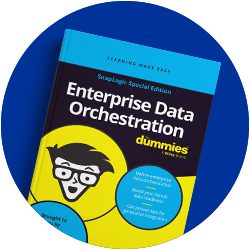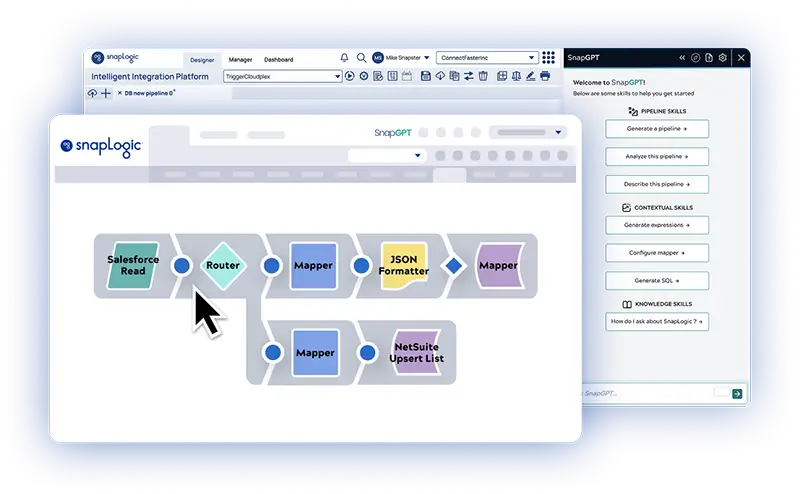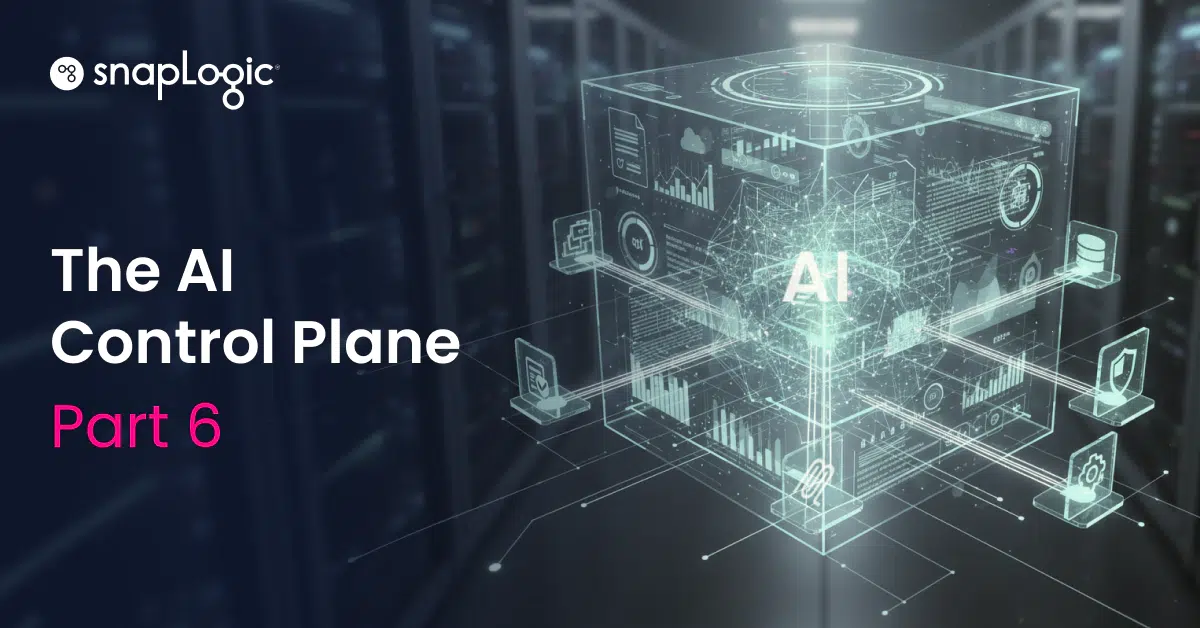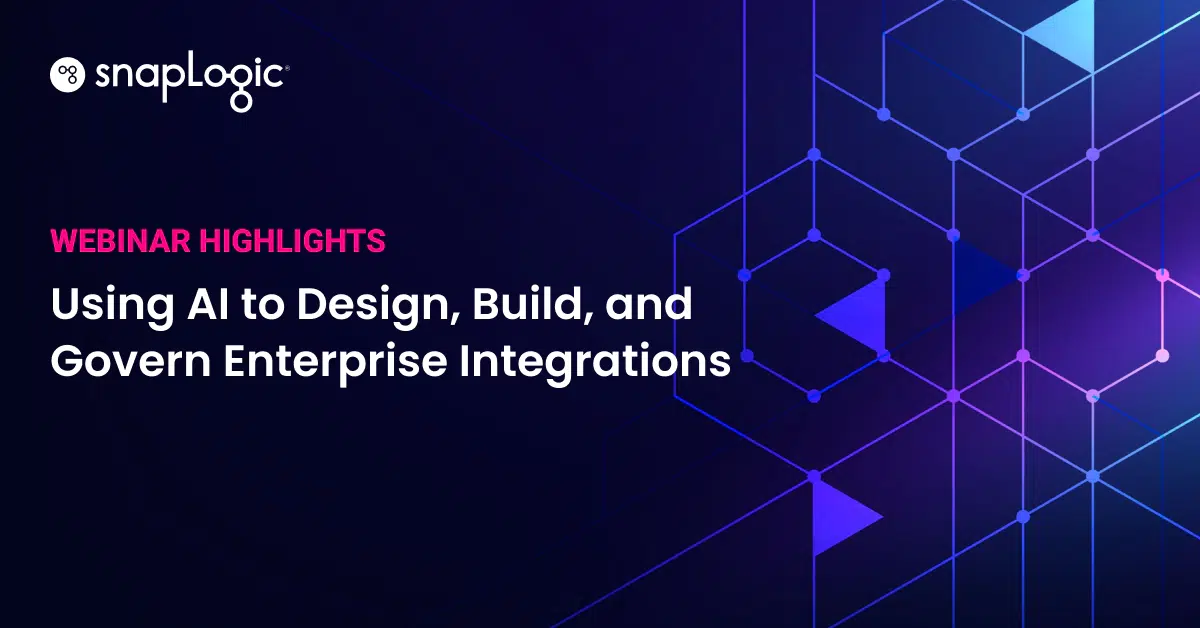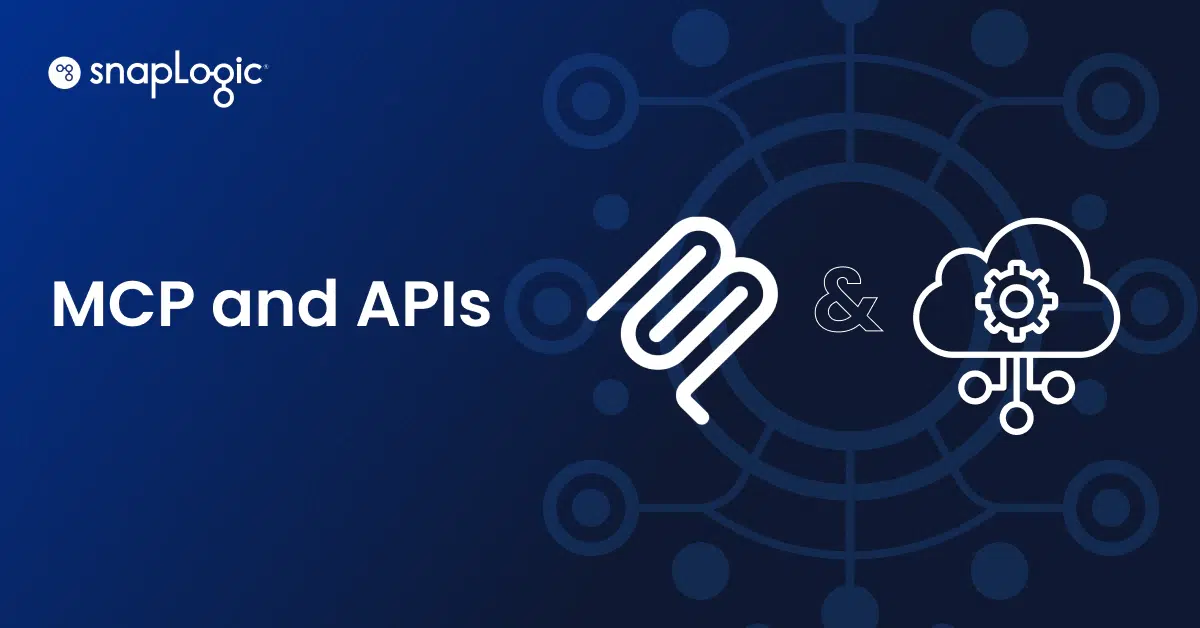Spend Management
The ability to manage supplier relations and company purchasing to pinpoint every dollar spent and get the most out of it. This helps to keep a company’s margins in line to manage risk and ensure that direct or indirect products and services are what you ordered. This visibility is critical for companies and generally referred to as Spend Management. If you spend money, you should know what you have spent money on, and there should be some validation on whether you got what you paid for.
Most will agree with the need to automate and integrate all spend-related business processes as operations become more complex and volumes impact response time.
Trying to draw comparisons to your household. For example, suppose you want to see how much you are spending in utilities for your house. You may be able to get a restricted (siloed) view of the utility spend by visiting the website for the electricity provider. But to get a holistic view, you will have to go to a separate website from city/county for water bills, gas provider for gas bills, and telecom provider for phone/internet bills. And to examine the details in the contract and ensure compliance becomes another link to follow. This process itself is very manual and time-consuming
Contrast this with customers who have more than 30,000 active contracts and manage more than a billion invoices annually across categories such as procurement, expenses (Travel & Entertainment), and people (Human Capital Management) and you have a complexity coupled with massive volume of data.
To get to a holistic view of any spend category, you need to start with integration to automate the flow of data, and then apply analytics. The question is, what is your integration approach when you manage general ledger in SAP, procurement in SAP Ariba, HCM data in Workday, and have 10 other applications like data warehouse (WMS), vendor management (VMS), and other systems critical to these business processes?
SnapLogic provides an Integration Platform-as-a-Service (iPaaS) to address this challenge. SnapLogic’s AI-driven, low-code/no-code, and unified platform keeps data in sync between different data silos. . Our pre-built connectors called Snaps make it a breeze to connect to applications (e.g. SAP Ariba) and data endpoints and automate business processes easily by exchanging order-related data automatically.
Adding a connection to a transportation carrier to automate the request for pickup, providing cube information for the shipment, and even processing the invoices enables companies to put that data to use quickly above and beyond the efficiencies gained in the automation.
Giving the right information to the right people is also critical. SnapLogic enables Line of business (LoB) users whether transportation, category or procurement managers to build automations or onboard new suppliers with a visual interface to connect to and transform data, without having to wait for IT.
What about analytics?
Once you have sourced all your spend related information from various silos, question how will you get the insights that can move the needle for your business? We have all this data flowing. What can we do with it?
To get a unified view of your procurement transactions between SAP Ariba, Workday and other LoB applications, you can route summarized data to a system like SAP’s Data Warehouse Cloud. SAP Data Warehouse Cloud provides a unified data platform for your business and IT teams to collaborate together. SAP Data Warehouse Cloud allows you to separate your data layer from the business layer, so your business users can layer a semantic model and create stories from data and visualizations.
Do you need to know how to capture variances, for example, to see if a transaction was done “off contract” or outside some other compliance metric?
It’s simple. Use a Snap to grab the contract data and pull it into your data model.
Interested in seeing which vendors are hitting their SLAs for on-time orders or other business metrics? It is a Snap once you know where the data resides.
Integration and analytics have advanced to enable your organization a faster ROI on implementing automation for processes in procurement, HCM, and other areas. To be successful, companies need to employ technology that can break down silos while automating processes. At that point, regardless of what spend category you are tracking, you have the data at hand to build your analysis.
Join SAP and SnapLogic for a live webinar on June 18 to learn how you can get a unified view of the spend across your enterprise systems.

